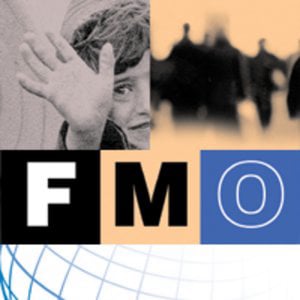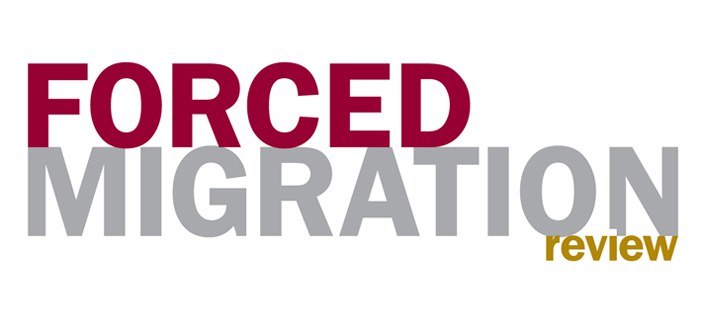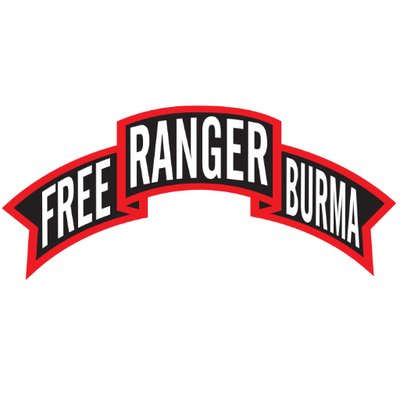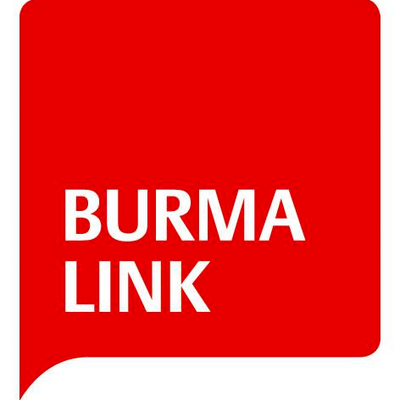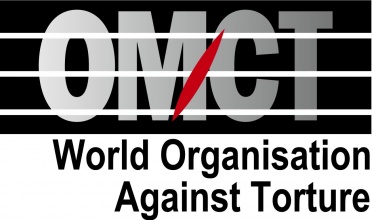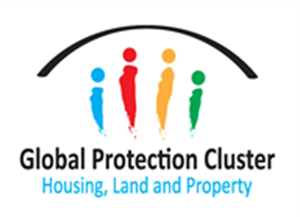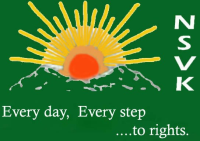Forced Migration Online
Forced Migration Online (FMO) provides online access to a diverse range of resources concerning the situation of forced migrants worldwide. By bringing together this collection of useful and time-saving resources, our primary aim is to support and facilitate research and policy making in the field.
The FMO collection adheres to international standards for organizing, managing and displaying information about the resources included in its collection.

